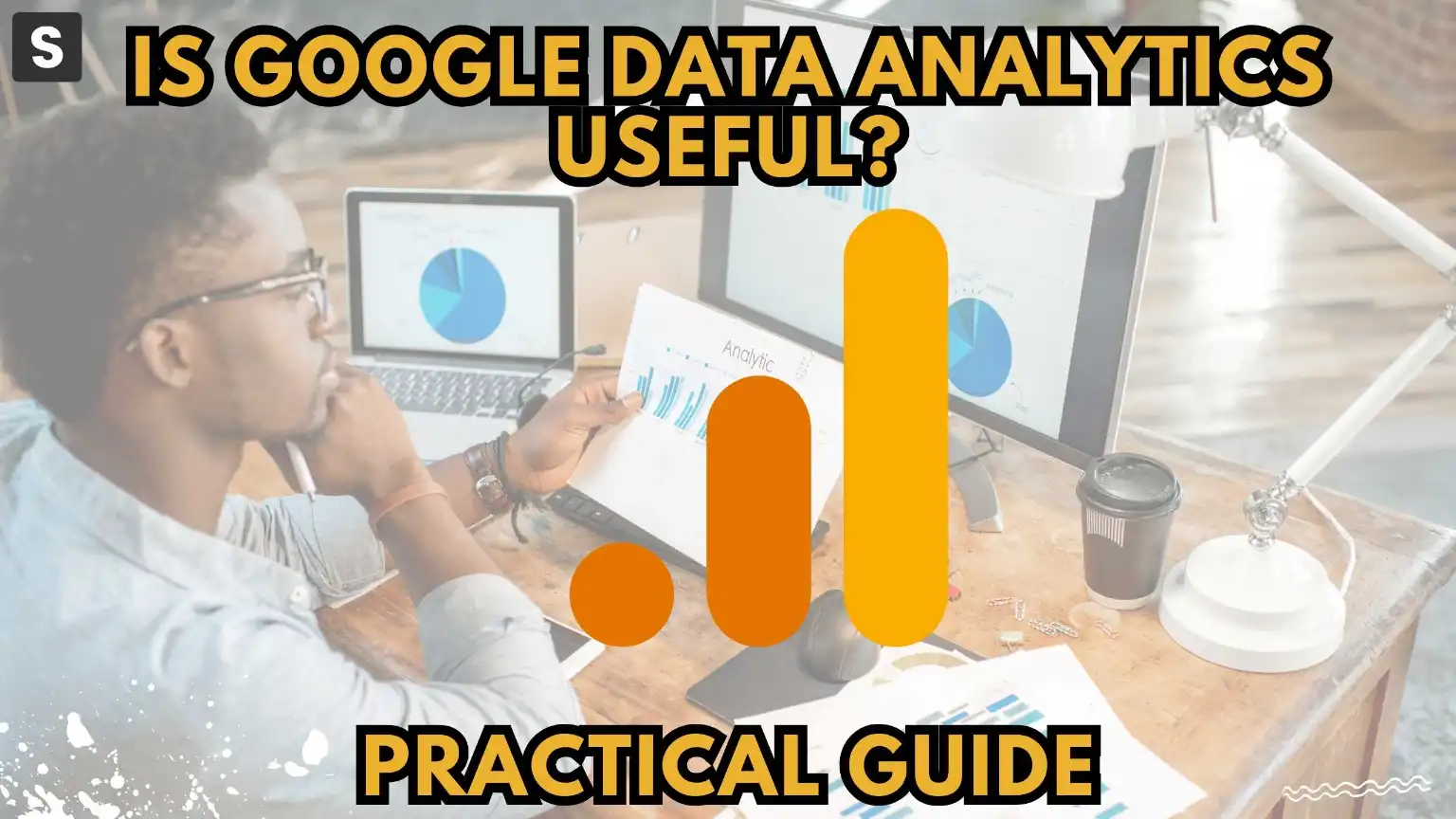Is Google Data Analytics Useful? Practical Guide
- Data as a Service (DaaS) Software Marketing & Analytics


Is Google Data Analytics Useful? Practical Guide
In the ever-evolving landscape of digital data, the role of analytics has become pivotal for businesses seeking insights and strategies for growth. This comprehensive guide delves into the utility of Google Data Analytics, exploring its practical applications and the broader spectrum of SaaS tools that can enhance your data-driven endeavors.
Unpacking Google Data Analytics
Understanding the Power of Google Analytics
Google Data Analytics, encapsulated in tools like Google Analytics, offers a wealth of data-driven insights. From user behavior to website performance, this powerful tool empowers businesses to make informed decisions and optimize their online presence.
Practical Applications in Business Strategy
- Audience Insights: Google Data Analytics provides in-depth audience insights, aiding businesses in understanding their target demographics, preferences, and behavior.
- Performance Metrics: Businesses can track and analyze key performance metrics, optimizing marketing strategies, and improving overall user experience.
- Conversion Tracking: By employing robust conversion tracking, businesses can identify successful user interactions and tailor strategies for increased conversions.
Key Metrics to Leverage in Google Data Analytics
Unlocking the full potential of Google Data Analytics involves harnessing key metrics that provide actionable insights:
Bounce Rate: Gauge the effectiveness of landing pages by analyzing the bounce rate, helping in refining content and user experience.
Conversion Rate: Track conversion rates to measure the success of specific actions, helping in optimizing marketing efforts.
Average Session Duration: Understand user engagement by assessing the average time users spend on your site, indicating content relevance.
Pageviews: Monitor the popularity of specific pages to identify high-performing content and optimize other areas.
Traffic Sources: Analyze the origin of website traffic (direct, organic, or referral) to tailor marketing strategies accordingly.
Complementing Google Data Analytics with SaaS Tools
While Google Data Analytics serves as a cornerstone for data insights, integrating complementary SaaS tools can elevate your analytics game.
- Tableau: A data visualization powerhouse, Tableau enables businesses to create interactive and shareable dashboards, providing a visually appealing representation of complex data sets.
- Looker: Offering a modern approach to business intelligence, Looker allows businesses to explore, analyze, and share real-time business insights.
- Mixpanel: Focused on product analytics, Mixpanel helps businesses understand how users interact with products, enabling data-driven product decisions.
- Hotjar: Enhancing user experience analytics, Hotjar provides heatmaps, session recordings, and surveys to uncover insights into user behavior.
- Crazy Egg: A user testing and optimization tool, Crazy Egg offers insights through heatmaps and user recordings, aiding businesses in optimizing website performance.
Conclusion
In conclusion, Google Data Analytics proves to be immensely useful in deciphering the intricate world of digital data. By complementing it with a suite of specialized SaaS tools, businesses can gain a holistic view of user behavior, improve decision-making processes, and stay ahead in the competitive digital landscape.
Unlock the Full Potential with Subscribed.fyi
Ready to optimize your SaaS stack? Sign up for free on Subscribed.fyi and access exclusive deals on over 100 SaaS tools. Streamline your subscriptions, unlock secret deals, and save big with Subscribed.fyi.
Relevant Links:








